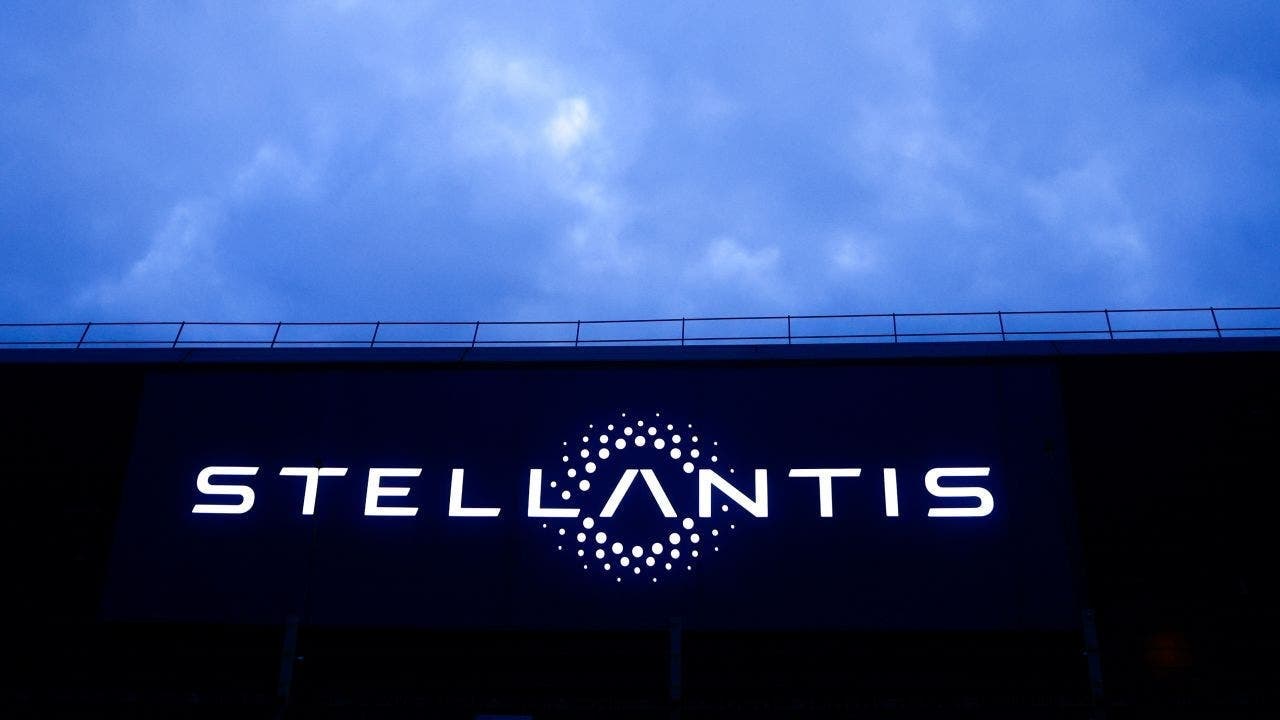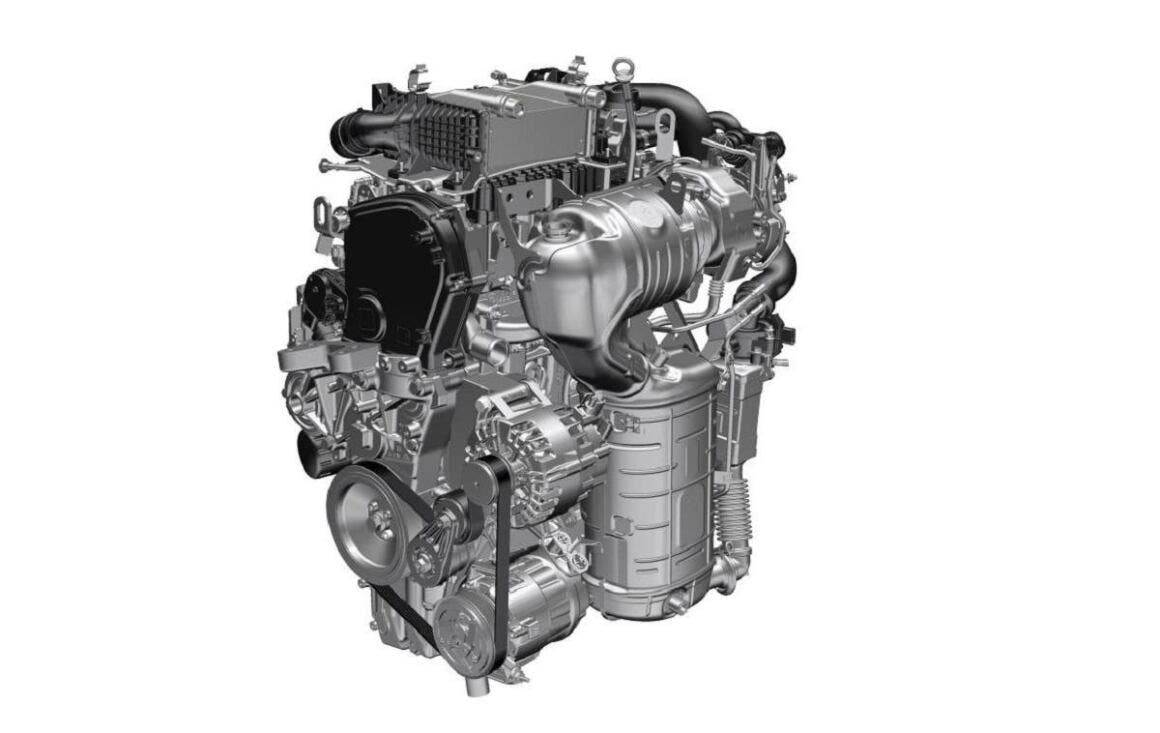The Stellantis Group has announced that its entire range of automobiles and light commercial vehicles is fully compatible with HVO (Hydrotreated Vegetable Oil) diesel fuel, an environmentally friendly alternative to traditional diesel.
All Stellantis vehicles are compatible with hydrotreated vegetable oil (HVO) diesel fuel
HVO is a biofuel derived from renewable raw materials, such as used vegetable oils, animal fats, and waste cooking oils, which differs from traditional petroleum-based diesel. The hydrogenation process used to produce HVO creates a cleaner, sulfur-free fuel with significantly reduced levels of aromatic compounds and pollutants, making it a sustainable and environmentally friendly option.
This green diesel is also validated for use in many existing Stellantis vehicles with Euro 5 and Euro 6 engines marked with “XTL” on the fuel filler neck. Additionally, some non-XTL Euro 6 Diesel vehicles are compatible with HVO if equipped with the following engines: 1.3 Multijet, 1.6 MultiJet, 2.0 MultiJet, 2.2 Multijet, New 2.2 MultiJet 4.0, 3.0 V6 MultiJet, 2.3 MultiJet.

With the expanded adoption of green diesel, Stellantis is taking a significant step toward an increasingly sustainable future, thus intensifying its commitment to environmental protection and offering more environmentally friendly solutions to its customers.
This type of fuel, which significantly reduces CO2 emissions and other harmful substances, fits perfectly into the automotive group’s strategy, oriented toward promoting more responsible choices with low environmental impact. Stellantis therefore continues to work to ensure a wide range of options that meet consumers’ mobility needs without compromising sustainability.
Still regarding sustainability, Stellantis has recently launched the new Fiat Fastback and Pulse models with Bio-Hybrid technology, which combines the use of ethanol and electric technology.

